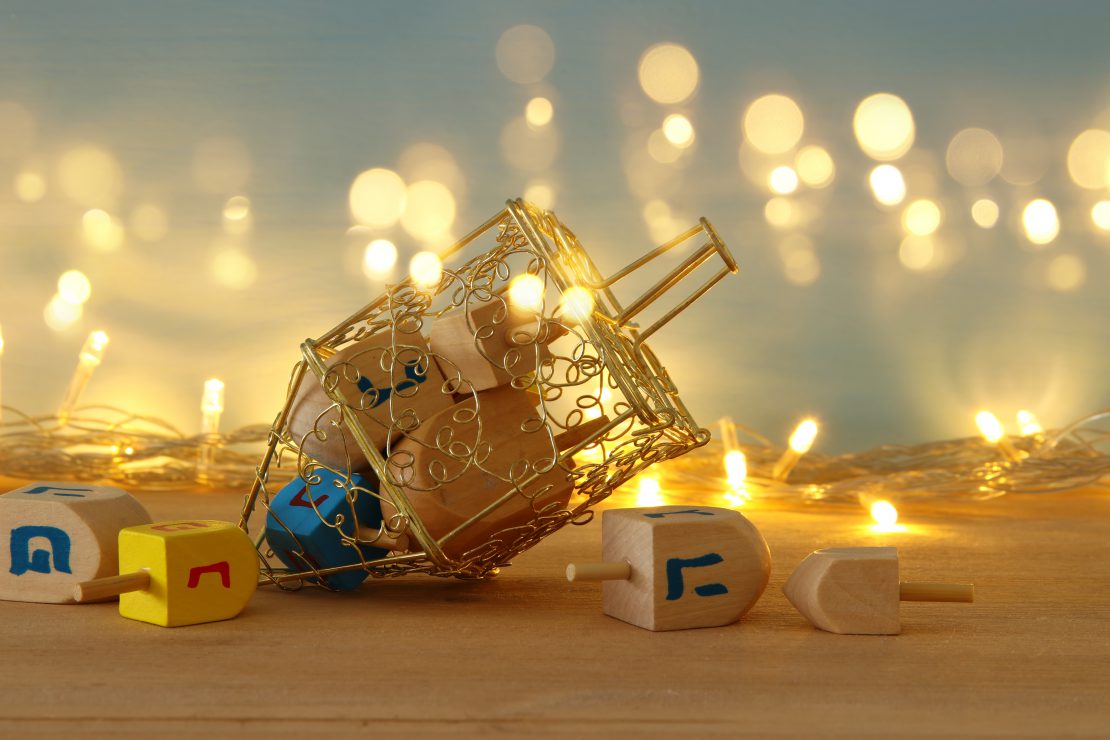Jewish tradition employs candle lighting to mark many important events, significant dates and Shabbat and festivals. Lighting candles is central to the observance of Chanukah. In this issue we look at Talmudic discussions that relate to light.
1. When discussing the verse in Genesis (1:16) that G-d designated the sun as the “big luminary” and the moon as the “small luminary,” the Talmud describes the moon complaining to G-d, that in the presence of the sun it is as useless as:
A) A gift of straw to the hay farmer
B) Weapons during a reign of peace
C) A candle at noon
D) Irrigating fields during the rainy season
2. The Talmud says that one who is meticulous about lighting the candles of Shabbat and Chanukah will be rewarded with:
A) A peaceful home
B) Prosperity
C) Clarity of vision
D) Scholarly children
3. If one can afford either Shabbat or Chanukah candles but not both, the Talmud rules that Shabbat candles take priority because:
A) Shabbat is one of the Ten Commandments
B) Shabbat commemorates Creation
C) The candles of Shabbat bring peace to the home and the Torah was given to bring peace to the world
D) Shabbat candles cannot be lit after sunset, whereas the Chanukah lights may be lit later
4. The Talmud uses the expression, “a light (candle) for one is a light for 100,” to explain why:
People benefiting from a candle that someone lit for his or her own use, do not have to contribute to its cost
A) A blind man walking in the dark should nevertheless carry a light
B) We use one havdalah candle even when a large crowd participates
C) A Jew is permitted to benefit from a light lit by a non-Jew on Shabbat
Answers
1c (Chullin 60b)
2d (Shabbat 23b)
3c (Shabbat 23b)
4d (Shabbat 12b)

Be the first to write a comment.